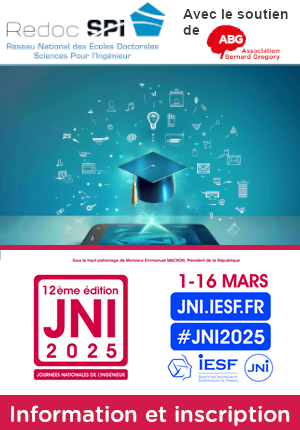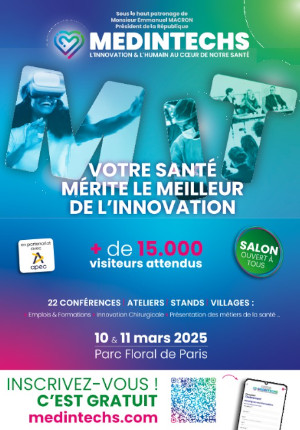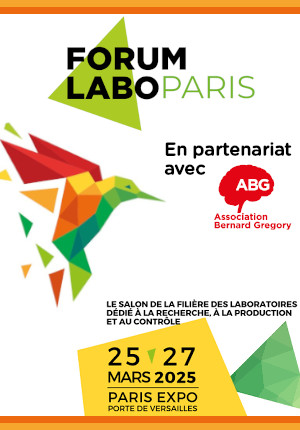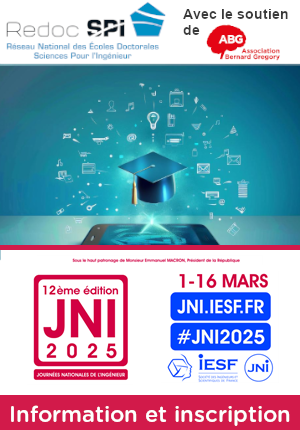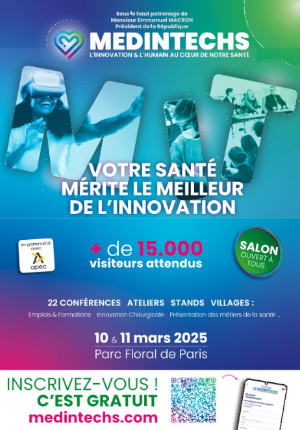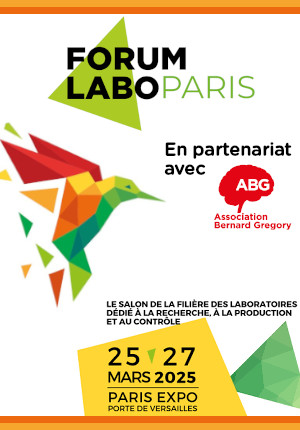Robust Energy Management Strategy for Microgrids Under Uncertainty Applied to Energy Communities
| ABG-128783 | Thesis topic | |
| 2025-02-20 | Public funding alone (i.e. government, region, European, international organization research grant) |
- Engineering sciences
- Electronics
- Energy
Topic description
The proposed doctoral research will focus mainly on developing and validating robust energy management strategies for microgrids within energy communities, addressing uncertainties inherent in renewable energy sources and load demands. The objective is to design an energy system that is efficient, resilient, sustainable, and participatory, delivering tangible economic and environmental benefits to all community members. This research will involve advanced system modelling, the application of learning and adaptation algorithms, and implementing optimised control mechanisms to manage energy flows effectively. The outcomes are expected to advance energy management practices in decentralised energy systems significantly.
Starting date
Funding category
Funding further details
Presentation of host institution and host laboratory
ESTIA (http://www.estia.fr) develops three activities: training trilingual general engineers (250 graduates per year), research and transfer, running 3 business incubators and a technology park. ESTIA trains engineers in the fields of energy, embedded systems, mechanics, IT and industrial organization. ESTIA is a member of the Conférence des Grandes Ecoles and accredited by the Commission des Titres d’Ingénieur. In addition to its training mission, ESTIA develops collaborative projects with industrial companies in the Aquitaine region, France and Europe, through its multidisciplinary laboratory Estia-Recherche (https://www.estia.fr/recherche). To promote all of these activities, ESTIA runs and uses several technical platforms: EneR-GEA, Compositadour, PEPSS, Addimadour and the new Turbolab et Datalab platforms.
The IMS Laboratory is a joint research unit between the CNRS, the University of Bordeaux, and Bordeaux INP. It offers a unique scientific positioning in systems engineering, focusing on the integration of hardware, intelligence, and knowledge in communicating and human-centered systems. IMS supports both fundamental and project-based interdisciplinary research, with over one hundred active research grants targeting domains such as transportation, telecommunications, health, environment, and energy.
The selected doctoral candidate will focus on developing a robust energy management strategy for microgrids within energy communities, addressing uncertainties inherent in renewable energy sources and load demands. He/she will join the Renewable Energy Integration (IEnR) team at ESTIA-Research and the CRONE team within the Automatic Control group of the IMS Laboratory.
PhD title
Country where you obtained your PhD
Institution awarding doctoral degree
Graduate school
Candidate's profile
The applicant must have a Master or an equivalent degree or be in the process of finalising a Master in Control/Electrical Engineering field. The following skills will be highly appreciated:
• Linear and nonlinear control.
• Artificial Intelligence knowledge
• Modelling and simulation of dynamic systems.
• Energy management optimisation.
• Renewable energy, electrical networks and flexibility.
• Matlab/Simulink and real-time simulation tools.
• Good English level.
Vous avez déjà un compte ?
Nouvel utilisateur ?
Get ABG’s monthly newsletters including news, job offers, grants & fellowships and a selection of relevant events…
Discover our members
 Institut Sup'biotech de Paris
Institut Sup'biotech de Paris  Groupe AFNOR - Association française de normalisation
Groupe AFNOR - Association française de normalisation  Ifremer
Ifremer  TotalEnergies
TotalEnergies  ADEME
ADEME  MabDesign
MabDesign  MabDesign
MabDesign  Tecknowmetrix
Tecknowmetrix  ONERA - The French Aerospace Lab
ONERA - The French Aerospace Lab  Laboratoire National de Métrologie et d'Essais - LNE
Laboratoire National de Métrologie et d'Essais - LNE  SUEZ
SUEZ  Nokia Bell Labs France
Nokia Bell Labs France  ANRT
ANRT  Aérocentre, Pôle d'excellence régional
Aérocentre, Pôle d'excellence régional  CESI
CESI  PhDOOC
PhDOOC  CASDEN
CASDEN  Institut de Radioprotection et de Sureté Nucléaire - IRSN - Siège
Institut de Radioprotection et de Sureté Nucléaire - IRSN - Siège  Généthon
Généthon



